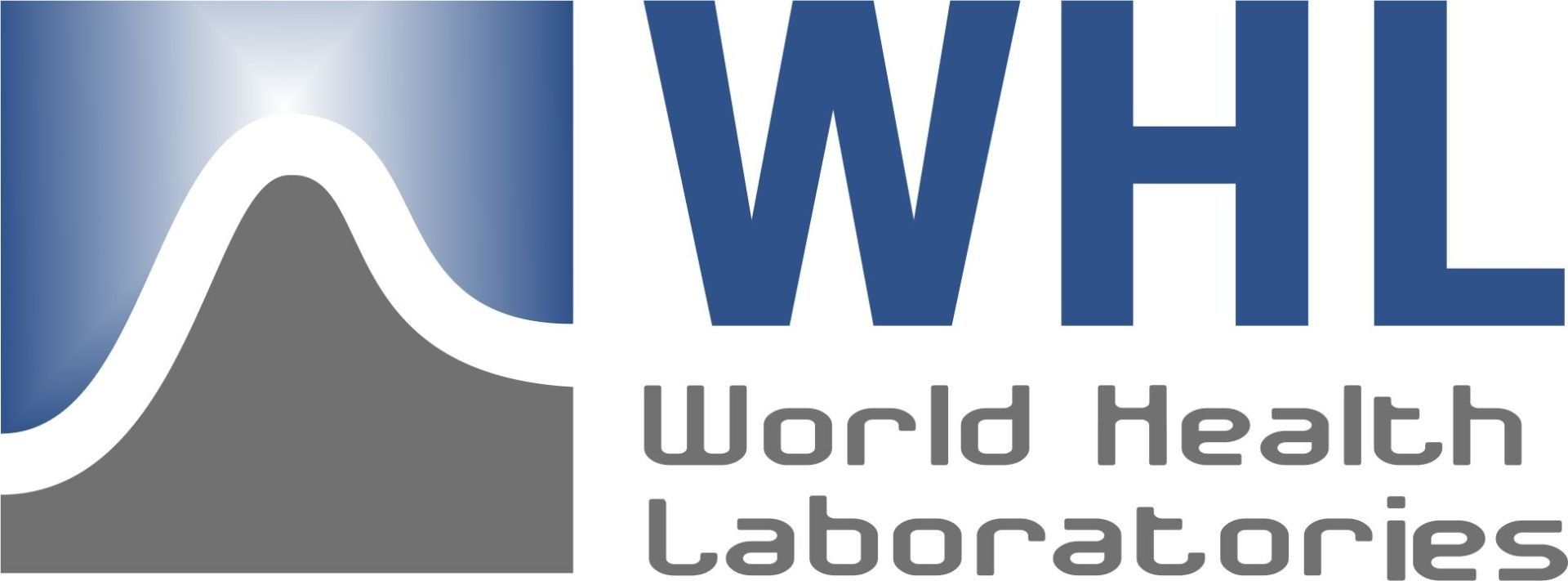VITAMINS
Vitamins
Vitamins the essential nutrients!
Vitamins belong , like elements, amino acids and fatty acids to the essential elements human beings need to be able to function properly and that a human being is unable to produce from food. Vitamins are crucial parts or many kinds or biochemical conversions in the body, such as co-factors in enzyme reactions. Deficiency or excess of vitamins can lead to a decreased function of several (organ) systems and the human body as a whole.
Vitamins play important functions in countless processes in the body, such as the formation of energy from carbohydrates (B vitamins), the formation of connective tissue (vitamin C) and the protection against harmful oxygen compounds (vitamin C and vitamin E). A (marginal) shortage of one or more vitamins means that the bodily functions for which they are needed do not go as well. A (marginal) shortage will, depending on the severity and duration, lead to complaints directly or after a longer period of time.
The determinations of vitamins in blood can be used for:
- Determining deficiencies - and possibly also of excess - of vitamins in case of complaints / illness.
- Establishing deficiencies in vitamins when there are no complaints (yet); prevention.
- Determining the effect of supplementation with vitamins.
Vitamin panel 8: alpha-carotene, beta-carotene, alpha-lycopene, zeaxanthine, luteïn, beta-cryptoxanthin, vitamin A (retinol), vitamin B3 (niacin, nicotinamide, nicotinic acid), vitamin B6 (pyridoxal + P-5-P + Pyridoxine), vitamin B11 (folic acid / vitamin B9), vitamin B12 (cobalamin), vitamin C (ascorbic acid), vitamin E (tocopherol).
Vitamin panel 12:
panel 8 + vitamin B1 (thiamine-pyrophosphate), vitamin B2 (riboflavin), vitamin B5 (pantothenic acid), vitamin B7 (biotin / vitamin B8).
Vitamin panel 16:
panel 12 + vitamin D3 (25-hydroxy-vitamin D3, 25-hydroxy-cholecalciferol) vitamin K1 (phylloquinone, phytonadione), vitamin K2, CoQ10, Carnitine.
Fat soluble vitamin panel: alpha-carotene, beta-carotene, alpha-lycopene, beta-lycopene, luteïn, zeaxanthine, vitamin A (retinol), vitamin E (tocopherol), vitamin D3 (25-hydroxy-vitamin D3, 25-hydroxy-cholecalciferol) vitamin K1 (phylloquinone, phytonadione), vitamin K2, CoQ10.
Vitamins and disorders / circumstances
where it can be useful to have a determination made
FAT SOLUBLE VITAMINS
Vitamine A (retinol)
Vitamine E (tocoferol)
Vitamin D3 (25-hydroxy-vitamin D3, 25-hydroxy-cholecalciferol)
Vitamin K1 (phylloquinone, phytonadione)
Vitamin K2 (MK-7)
CoQ10
Carnitine
Caroteen (alpha + Beta)
lycopeen (alpha + Beta)
Luteïne
Zeaxanthine
WATER SOLUBLE VITAMINS
Vitamin B1 (TPP + TMP + Thiamine)
Vitamin B2
Vitamin B3 (Niacinamide + Niacine + NAD(H) )
Vitamin B5
Vitamin B6 (pyridoxal + P-5-P, Pyridoxine)
vitamin B7 (biotin / vitamin B8, B11)
Folic acid ( vitamin B9)
Vitamin B12 (cobalamin)
Vitamin C (ascorbic acid)
- Vitamin A/ Carotenoïden:
Alcoholism, high vitamin A-intake, eye diseases/night blindness/dry eyes , depressed immunity, fat malabsorption, strange eating habits, skin diseases /mucous membranes, diseases/surgery to the intestine, kidney- or liver diseases.
- Vitamin B1 (thiamin): Alcoholism, drug abuse and mental diseases like peripheral neuropathy, liver diseases, impaired heart function, strange eating habits.
- Vitamin B2 (riboflavin)/ vitamin B5 (pantothenic acid):
Alcoholism, dry lips, skin-lesions at corners of mouth, complaints of the eyes (vit.B2; like burning eyes, blurred vision), liver diseases, neurologic diseases like the 'burning feet syndrome', cataracts (B2), tongue changes.
- Vitamin B3 (niacin):
Dementia, dermatitis, diarrhea, skin rash, swollen tongue.
- Vitamin B6:
Alcoholism, anemia, liver diseases, Neurological complaints, pre-menstrual tension, food fadism, pregnancy.
- Folic acid and vitamin B12:
Alcoholism, anemia, drug abuse, liver diseases, neurological complaints, food fadism, diseases/operations to the stomach or intestine, pregnancy.
- Biotin:
Alcoholism, skin lesions, convulsive seizures, food faddish.
- Carnitine (vitamin BT): Heart diseases.
- Vitamin C:
Bleeding gums, cardio-vascular diseases, poor wound healing, susceptible to infections, food fadism, bleeding into tissue.
- Vitamin D:
Cramps, weak bones.
- Vitamin E:
Cystic fibrosis, intestinal diseases, fragile red bloodcells, cardiovascular diseases, liver diseases, neurological diseases, fat malabsorption.
- Vitamin K: Hemorrhaging, Intestinal diseases like coeliakie, Crohns disease, cystic fibrosis, and ulcerative colitis, (fat) malabsorption, long parental feeding, obstruction of bile duct, osteoporosis, newborn infants.
A full vitamin check up is advised with:
- Disorders of the gastrointestinal tract
- Slimming
- Abnormal blood
- Alcoholism
- Heart and vascular disease
- Cancer
- Liver diseases.
- Fatigue.
- Neurological disorders.
- Elderly.
- Persons who are taking medicines.
- Signs of malnutrition.
- Pregnancy.
LITERATURE:
1. Gayla J. Kirschmann. Nutrition Almanac. Fourth edition McGraw-Hill, New York, USA1996.
2. Melvyn R. Werbach. Nutritional influences on Illness. A sourcebook of clinical research. Third Line Press. USA, 1993.
ADDRESS Europe
WHL | World Health LaboratoryRegulierenring 93981 LA BunnikThe NetherlandsPhone: +31 30 2871492Fax: +31 30 2802688CC: 58481087
ADDRESS North America
HDRI| Health Diagnostics and Research Institute 540 Bordentown Avenue, Suite 2300 South Amboy, NJ 08879Phone: +1 732-721-1234Fax: +1 732-525-3288
OPENING HOURSAPPOINTMENT ONLY:
- Mon - Fri
- Appointment Only
- Sat - Sun
- Closed
Yes, download Request Form




